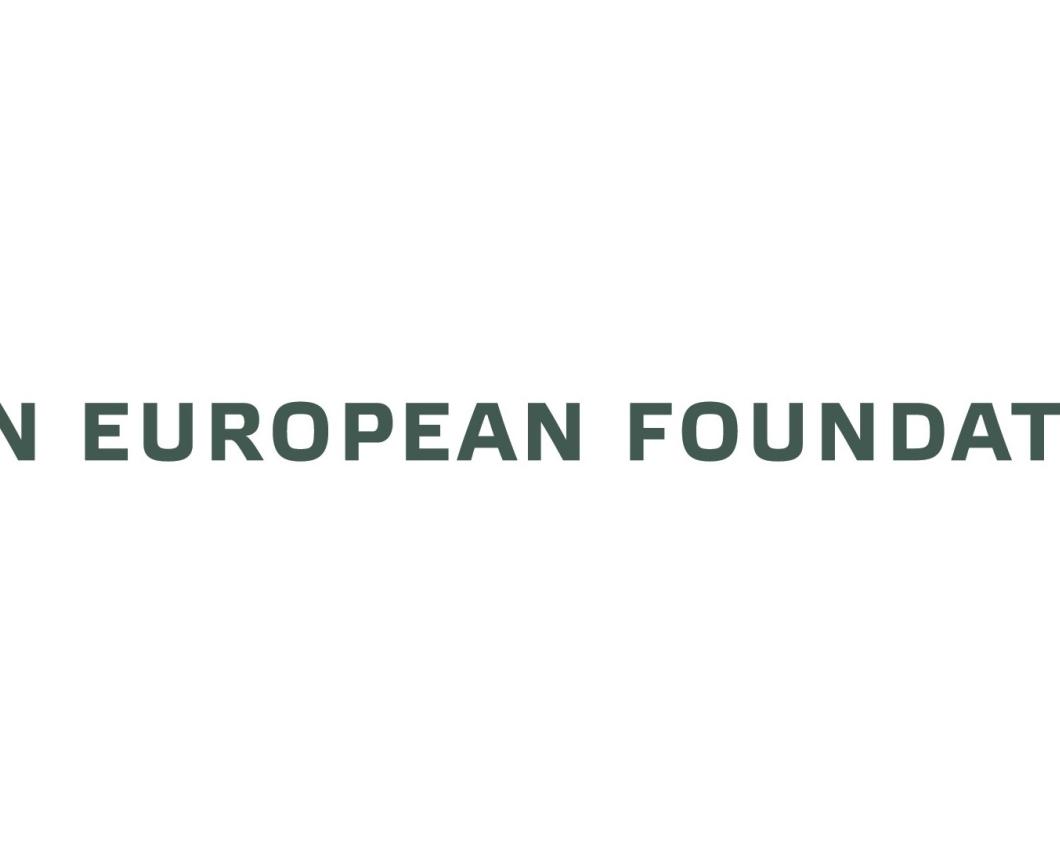Geopolitics includes how the institutions of governments act in subtle ways to put pressure on countries. In Chile, our government has been reminded of the need to be linked to globalised trade, as it exists today. That was reflected in the new left-wing progressive government’s explicit efforts to say that they were not that radical, that they still wanted to have an economy open to foreign direct investment and maintain the default energy planning perspective for Chile as one that supports growth. Chile’s economic objective is for people to be better off – but doubling or tripling energy production and exporting this to Europe is unlikely to improve the living conditions of most Chilean people.
Change is suppressed by violence and enforcement happens at many levels. Militarisation happens within countries as well as between countries. It follows a known formula, where private property and extractive activities are protected by the police or the military, as is the case in some places in Latin America. One example is the ’state of exception’ deployed in the South of Chile, claimed ‘to help control the serious disturbance of public order’. This was the government using the military to suppress, and thereby effectively criminalise, the indigenous struggle against private extractive industries. This is not occasional but a part of how the structures of dispossession are sustained. And it sits alongside ownership strategies and institutional tools, such as the way environmental evaluation systems work, and how the spaces offered for participation exclude economic democracy. This translates into reinforcing the incapacity to change course, into degrowth, for example. Instead, the need for development and economic prosperity is presented as ‘catching up’ with the West.
A more pragmatic goal could be to consider different alternatives that include degrowth-inspired concepts such as the ideas of limits, sufficiency, that could be put at the service of planning for energy descent. In this context, it is relevant that there was a push to change the constitution, the first step to redesign Chile’s political institutions to restrain the neoliberal structures that dominate today. There was a referendum on a new constitution in 2022. The proposed constitution was underpinned by the concept of Buen Vivir, a political and philosophical proposal articulated by indigenous peoples. It is about stopping extractivism and could be seen as an approach that is to some extent aligned to degrowth. The new constitution had many promising proposals such as incorporating rights for nature. Before the final vote the stock markets fell as there was a huge fear that this constitutional change would affect economic stability. Public announcements aimed to address this, stating that Chile would not go down a path of radical change, and that continued resource exploitation would be encouraged, including through foreign direct investment.
The constitutional change was not accepted by voters, so the governance structures remain unchanged. This highlights the amount of political muscle or momentum that is needed to actually make the type of changes to bring about degrowth and the geopolitics that is needed to make it possible.”
This interview is also available in Dutch.



